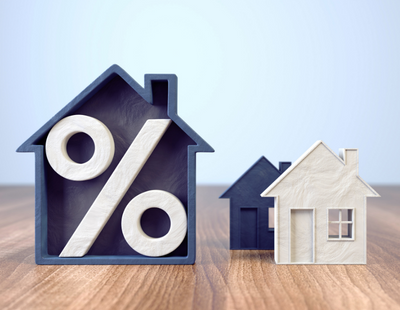
Almost 400,000 borrowers on low-rate mortgage deals are in for a shock when their products expire this year, Equifax has warned.
Analysis by the credit reference agency found that 7.7m of the 10.7m currently open mortgages are on a fixed-rates.
More than 367,000 of these fixed-rate mortgages are due to come to the end of their five-year deals over the next year, the majority of which have an average outstanding balance of £170,000.
This will mean an average increase in monthly repayments of around £300 if customers revert to a variable rate without fixing to a new deal.
Many of these customers will have fixed at low rates, in some cases close to 1%, while pricing has surged in recent months and lenders such as Nationwide, HSBC and Santander have withdrawn products amid concerns about the cost of borrowing rising further.
With fixed-rate mortgage offers currently hovering around 5%, consumers will be faced with substantial increases in monthly expenditures amid already constrained pay growth and persistently high inflation, Experian warned.
For those entering the housing market, average monthly repayments have increased by 40% over the past 18 months.
The average mortgage applicant at the end of 2021 would pay around £1,000 a month, whereas now they could pay up to £1,400, Experian said.
Mortgage payments will likely take up more than 50% of people’s monthly income, whilst households try to manage skyrocketing bills and turbulent interest rates, Experian suggests.
These factors could also make buyers more cagey when it comes to looking for and making an offer on a property.
Paul Heywood, chief data and analytics officer at Equifax UK, said: “There is a risk that some consumers could become mortgage prisoners with the current state of rates.
“ Among these consumers, we expect to see a gradual increase in missed payments. Diminishing affordability levels may also restrict or even stall growth in house prices, perhaps leading to a correction in the housing market.
“The starting point for lenders and credit providers is to understand which of their customers are most likely to be impacted by rising mortgage rates, what the extent of that rise is likely to be, and the likely timing of that impact.”













.png)


.jpg)




.png)



Join the conversation
Be the first to comment (please use the comment box below)
Please login to comment